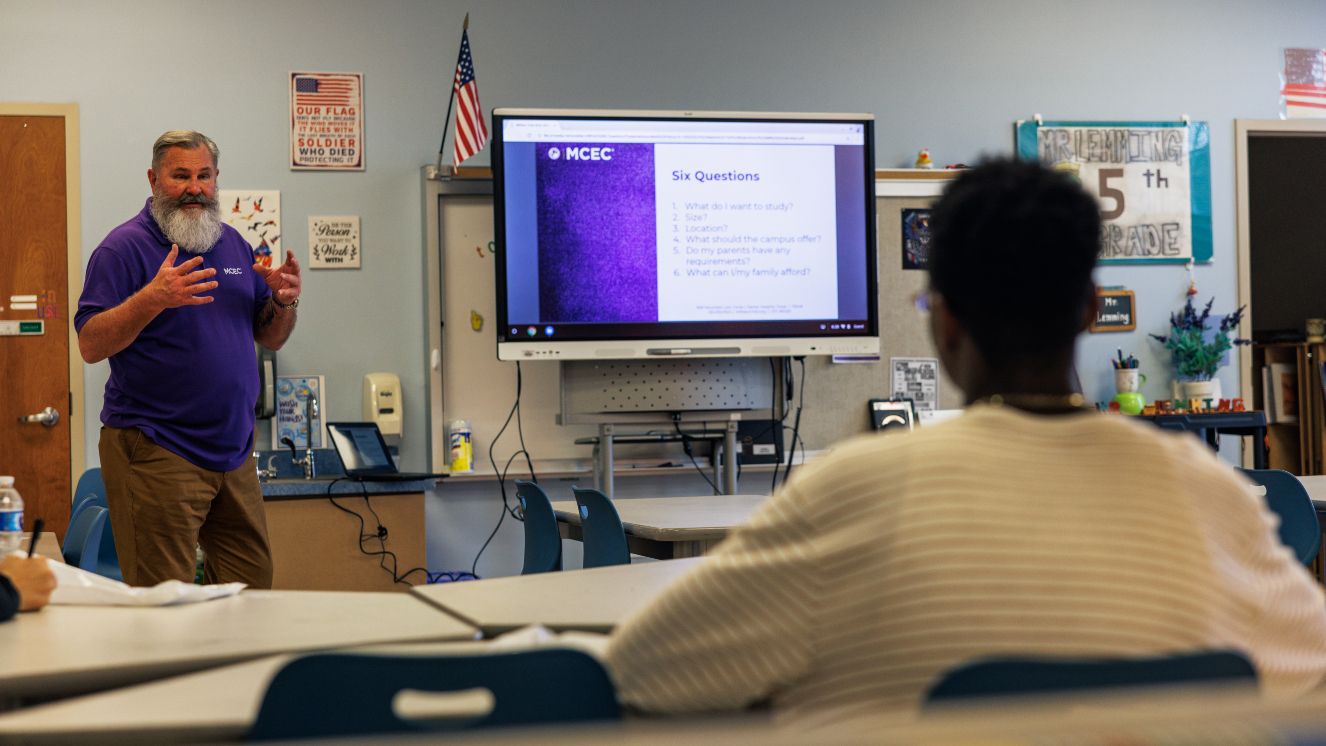DON’T ASK DON’T TELL POLICY: 2,000 DISCHARGES UNDER REVIEW
COMMENT
SHARE

Serving in the U.S. military means sacrifice. You’re going to face obstacles and subject yourself to harm. For those within the LGBTQ+ community, sacrifices are too often a common occurrence. This is particularly true for those who have been denied benefits or property discharge status due to the Don’t Ask Don’t Tell policy. Some may have meant no harm with Don't Ask Don't Tell, but inside the policy were practices that affected former service members' access to benefits. After more than a decade, the U.S. Department of Defense (DoD) is looking to make amends. Related read: LGBTQ Veterans in Same-Sex Relationships Eligible for New VA Benefits
Is the Don’t Ask Don’t Tell Policy Still in Effect?
No, the Don’t Ask Don’t Tell policy is no longer in effect. The Department of Defense Directive 1304.26 provided the framework for the Don’t Ask Don’t Tell policy in 1993, in effect beginning in 1994, but it would end up facing a repeal that went into effect in 2011. However, for those within the LGBTQ+ community who served during the time it was enforced, a multitude of hardships were rampant. The Don’t Ask Don’t Tell policy repeal doesn’t make up for the fact that discrimination affected the lives and livelihoods of these service members. For Veterans, this means a military experience full of disrespect, harassment, mental and physical issues, and more. It also means lacking access to benefits and resources that are rightfully owed. Finally, there's now a push to right some of these wrongs. Suggested read: The History of Don't Ask Don't Tell
The U.S. Military is Looking Into 2,000 Discharges
Nothing is set in stone just yet, but the Pentagon is taking some encouraging steps for the LGBTQ+ community. A panel is reviewing the impact of the Don’t Ask Don’t Tell policy on servicemembers, and they are potentially upgrading their discharge status. A Veteran may receive upgrades if a less-than-honorable discharge was given. It is thought that Don't Ask Don't Tell was impacting around 2,000 service members. This number is still under review. Sadly, the review won’t include the 19,300+ military personnel who were affected due to their sexual orientation from 1980 until 1993. Regardless, this first step is still going to take some time, as there are records that need to be sourced. A review of the Don't Ask Don't Tell policy needs to take into account other issues that may have caused a dishonorable discharge, as well. Additionally, some discharges were due to what was then categorized as misconduct, such as having consensual physical relationships with someone of the same sex. Such activities were illegal until 2003 after the outcome of Lawrence v. Texas and were enough to disqualify a warfighter from fighting for their country.
Did Don't Ask Don't Tell Impact You? Here’s How to Fight for What You Deserve
The ignorance of the Don’t Ask Don’t Tell policy sadly affects the lives of those who have served in many different ways. Many Veterans are searching for the recognition, honor, and respect they rightfully deserve. Others are simply in need of the benefits they have earned. Serving in the military is heavily taxing both mentally and physically. This is especially true for LGBTQ+ servicemembers who were discharged on the basis of their sexual orientation. As a result, the denying of access to Veteran benefits became a common occurrence. It’s pretty simple. If you decide to sacrifice your well-being for this country, you should be compensated for that initiative. The Don’t Ask Don’t Tell policy likely had an impact on 2,000 individuals. If you are a Veteran who was mistreated by the American Armed Forces, the DoD provides LGBTQ+ resources for Veterans discharged under less than honorable conditions because of their sexual orientation. For access to further reparative action, follow our coverage of the policy review as it unfolds. Read next: LGBTQ+ Military Heroes You Need to Know About
Join the Conversation
BY BUDDY BLOUIN
Buddy Blouin is a Contributing Writer at VeteranLife.com
Buddy Blouin is a Contributing Writer at VeteranLife.com



